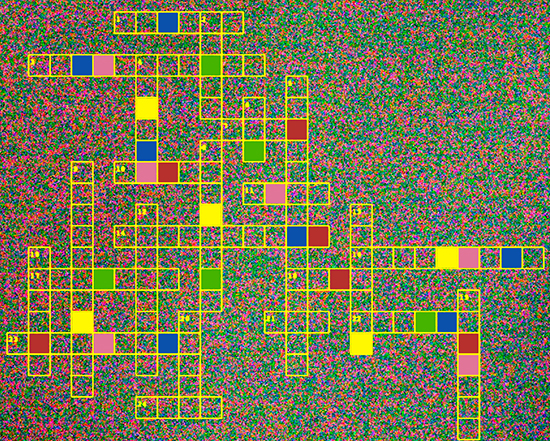From Inference to Intervention:
on the operative logics of machine learning Instructor: Magdalena Krysztoforska Date & Time: February 8th,15th, 22nd and March 1st 09:00-11:30 ET

DESCRIPTION: In recent decades, machine learning methods have become deeply entangled with processes of worldmaking through their crucial role in making inferences about the world. When deployed in contexts such as criminal justice, social welfare, or public health, predictive systems take an even more active role in shaping the world by directly feeding data-driven insights into decision-making processes. In such high-stakes contexts, patterns generalized from observed data are rendered actionable, often embedding and exacerbating historical patterns of inequality and social harm.
The project of remaking the world in a way that does not encode the past into the future in a perpetual feedback loop of discrimination requires an in-depth examination of the operative logics underlying some of the key machine-learning methods operationalized in high-stakes contexts.
While practices of classification, inductive inference, and correlation-based predictive modeling all typically serve as useful instruments for scientific research, their use in socio-political contexts requires additional scrutiny. This Seminar will explore some of the key concepts and example components of machine learning systems (including benchmark datasets such as ImageNet, the ETAS model for seismicity forecasting used by a predictive policing company, and the theoretical underpinnings of machine learning theory such as the no free lunch theorem) by situating them in their implementation contexts and examining their epistemic functions.
Each Session will approach machine learning logic logic via a different conceptual lens, drawing on theoretical frameworks for thinking about systems of classification (Geoffrey C. Bowker and Susan Leigh Star), the material theory of induction (John D. Norton), theories of explanatory and idealized models in science (Alisa Bokulich and William C. Wimsatt), and interventionist theories of causation (Judea Pearl and James Woodward), to examine the necessary conditions for meaningful interventions in the world.
Session 1: Benchmark datasets and the logic of classification
Session 2: The “no free lunch” theorem and the problem of induction
Session 3: Prediction, explanation, and model fitting
Session 4: Correlation, causation, and intervening in the world
IMAGE: Mohammad Salemy, Teach Me Something I Don’t Already Know, 2023.
To see The New Centre Refund Policy CLICK HERE.
To see The New Centre Refund Policy CLICK HERE.